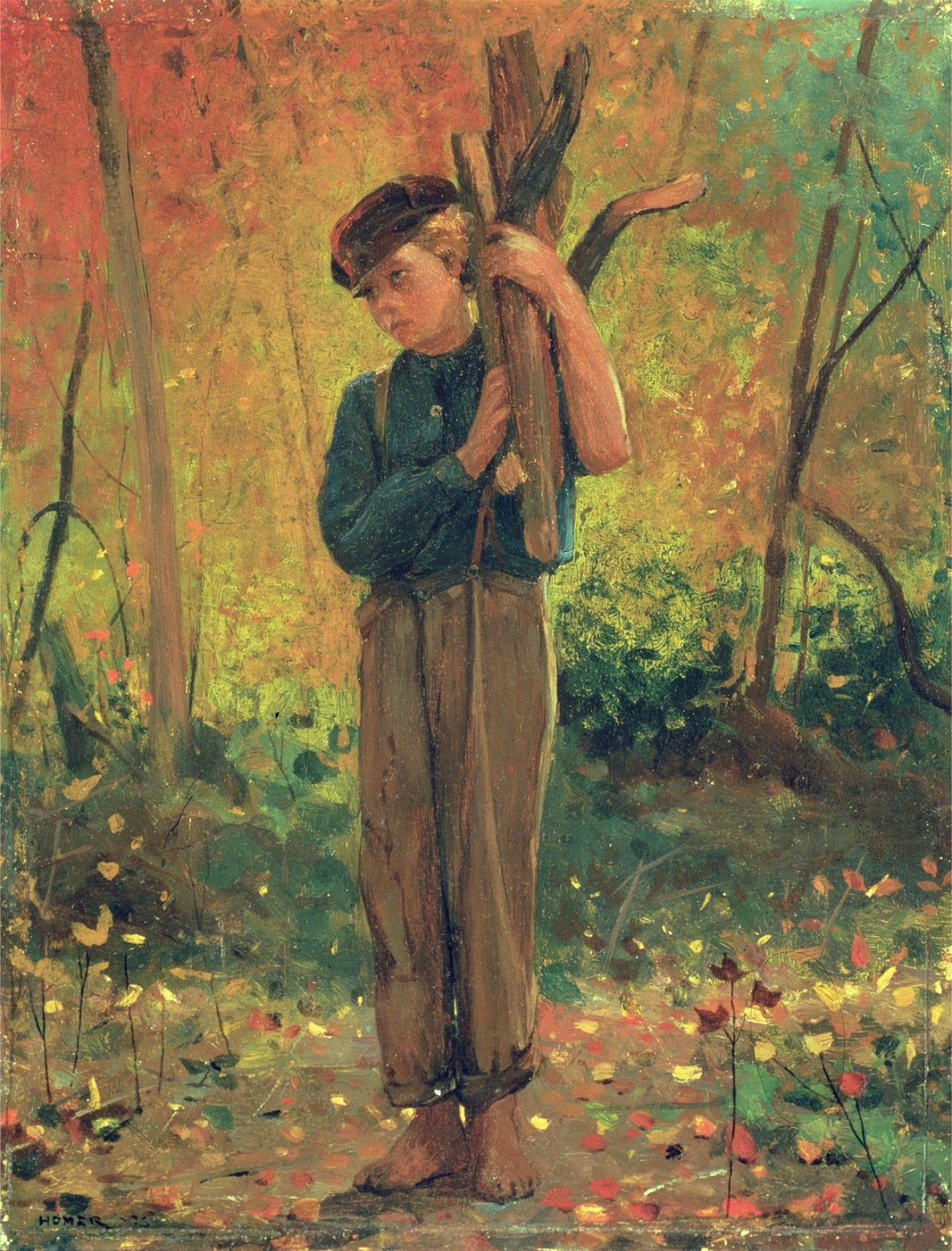“I tought I taw a puddy tat!” says Tweety, riding the swing on his bird cage, and using our Word of the Week in an interesting way. What that is, I’ll get to in a moment, but before I let Tweety go, I’ve got to say that he’s not the only critter in the world who hears a k or an s as a t. Hawaiian speakers do too! Actually, they do it in reverse, hearing s and t as k. So a Hawaiian Tweety might say, “I koughk I kaw a pukky kak!” However the little canary says it, was he thinking? Is that what Rodin’s famous Thinker is doing — having Puddy Tats suddenly pass across his field of mental vision?
The wonderful Alice von Hildebrand once said to me that the silliest thing she ever heard a philosopher say — and that’s a high bar to clear — was that the mind secretes thoughts as the liver secretes bile. Of course, you can’t sop up thoughts with a rag, and if you weigh a thought, it isn’t with scales. It is in fact no easy thing to say what a thought is. Does it take up space? Apparently not. Can you split it in a cyclotron? When you’re nodding off, does your thought decay like radioactive uranium, to settle finally in lead? No, not at all. Do we have thoughts poured into us like water, so that eventually the new thoughts just bounce off, or push some old thought out? Sure, we do forget things, or we seem to lose them from not having attended to them, but often we’ll drive down a street where we haven’t been in thirty years, and things return to us, things we’d forgotten we’d ever forgotten. What is it, a thought? We used to say of our dog Jasper, the canine genius with the eighty tricks, that he was thinking, when he’d station himself a few feet in front of us, staring, till we asked him one question after another, such as, “Are you hungry?” or “Do you want to go outside?” He’d bark and do a little pirouette when we hit the right one. I guess he had thoughts, in a passive sense — who knows what moves across the silver screen for the dog?
But our thoughts don’t have to be passive. Think here of the story of Joseph. He’s in prison for a crime he didn’t commit. He’s with a butler and a baker, who have odd dreams, and Joseph interprets them — good for the butler, bad for the baker. The butler’s going to be taken back into Pharaoh’s household. So Joseph begs a favor. “Think on me when it shall be well with thee,” he says. He doesn’t mean that a Joseph-looking image will flash across the butler’s mind. In Hebrew, he’s asking the butler to remember him, in an active way. That is, the butler should call up Joseph to his attention, should will that the thought arise, should in some mysterious way cause the thought. “Lord Jesus, think on me,” says the old hymn. We can consider it this way, which is just what the development of the word in prehistoric Germanic and in Old English suggests. The thonc (the thought) is the appearance, the image, and the causative verb thencan is to bring up the appearance or image on your own. The change in the vowel was brought on by a hard y-sound in the infinitive’s suffix; the y itself was lost, but not before it pushed the vowel in the previous syllable forward or higher. I mentioned this last week in my foray into the word heal; it’s why, in English, we tell a tale or sing a song.
So a thonc was an appearance: something seems to you, appears to you. Even before you think about it, that is, before you turn it about, weigh it, consider it from this or that angle, compare it with other things, judge whether it is good or bad, it appears to you. This sense of the word still lingers about, so that when Tweety says, “I tought I taw a puddy tat,” he means, “It seems to me that I saw a pussy cat.” In fact, there used to be a closely related but distinct verb, thyncan, meaning to seem to you. German has both verbs: denken means to think, in all our senses, but there’s still the old fashioned verb duenken, to seem. In English, the two sounded so similar, they ended up merging. We’ve got it in a fossil in the old methinks, which means it seems to me.
Ah, methinks that no one will ever plumb the mystery of human thought, because wherever we think we can settle it for good, we’ll have gotten there by thought, and nothing can stop us from taking it further and further. We think about our thoughts, and just as we can never come to an end of worlds we may imagine, so every new thought is like a new opening into the world, or like a door into worlds unknown. Praise the Lord, then, whose thought it is to make us so!
Word & Song is an online magazine devoted to reclaiming the good, the beautiful, and the true. We publish six essays each week, on words, classic hymns, poems, films, and popular songs. Paid subscribers also receive audio-enhanced posts, a weekly podcast (alternately Poetry Aloud or Anthony Esolen Speaks), access to our full archive of over 700 essays.
To support this project, please join us as a free or paid subscriber.
Listen to this episode with a 7-day free trial
Subscribe to Word & Song by Anthony Esolen to listen to this post and get 7 days of free access to the full post archives.














